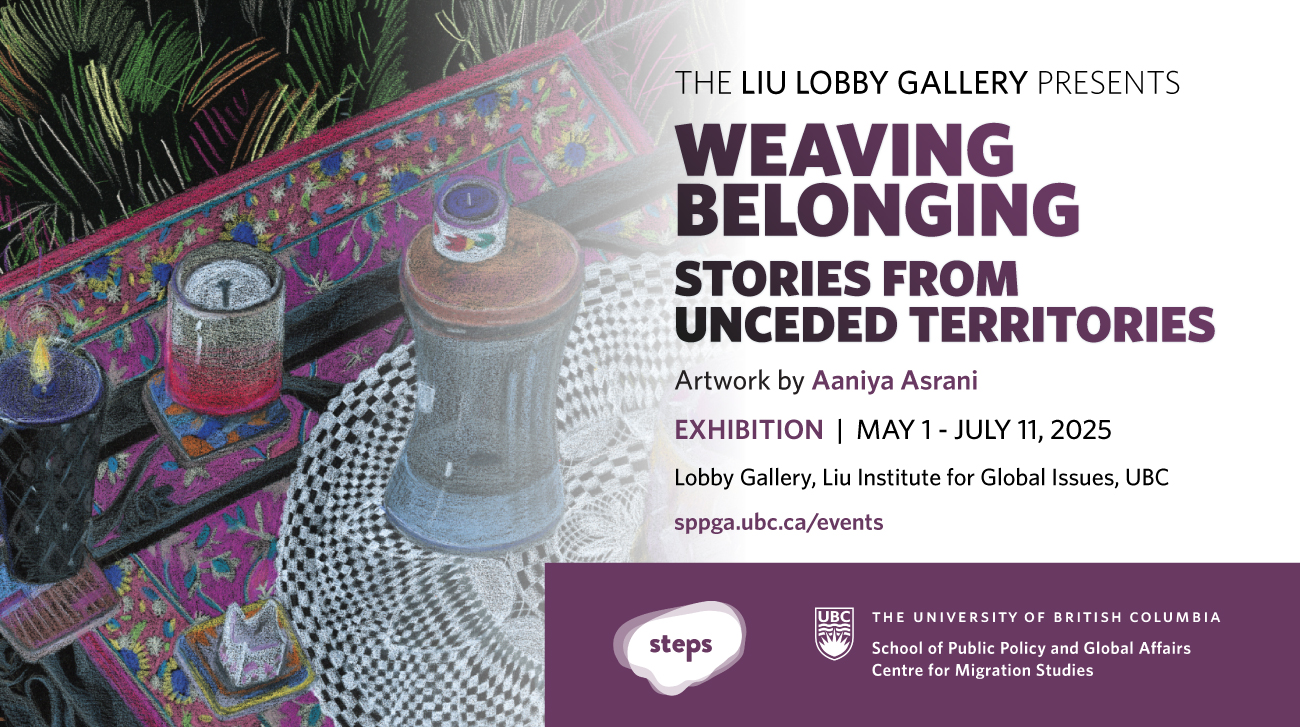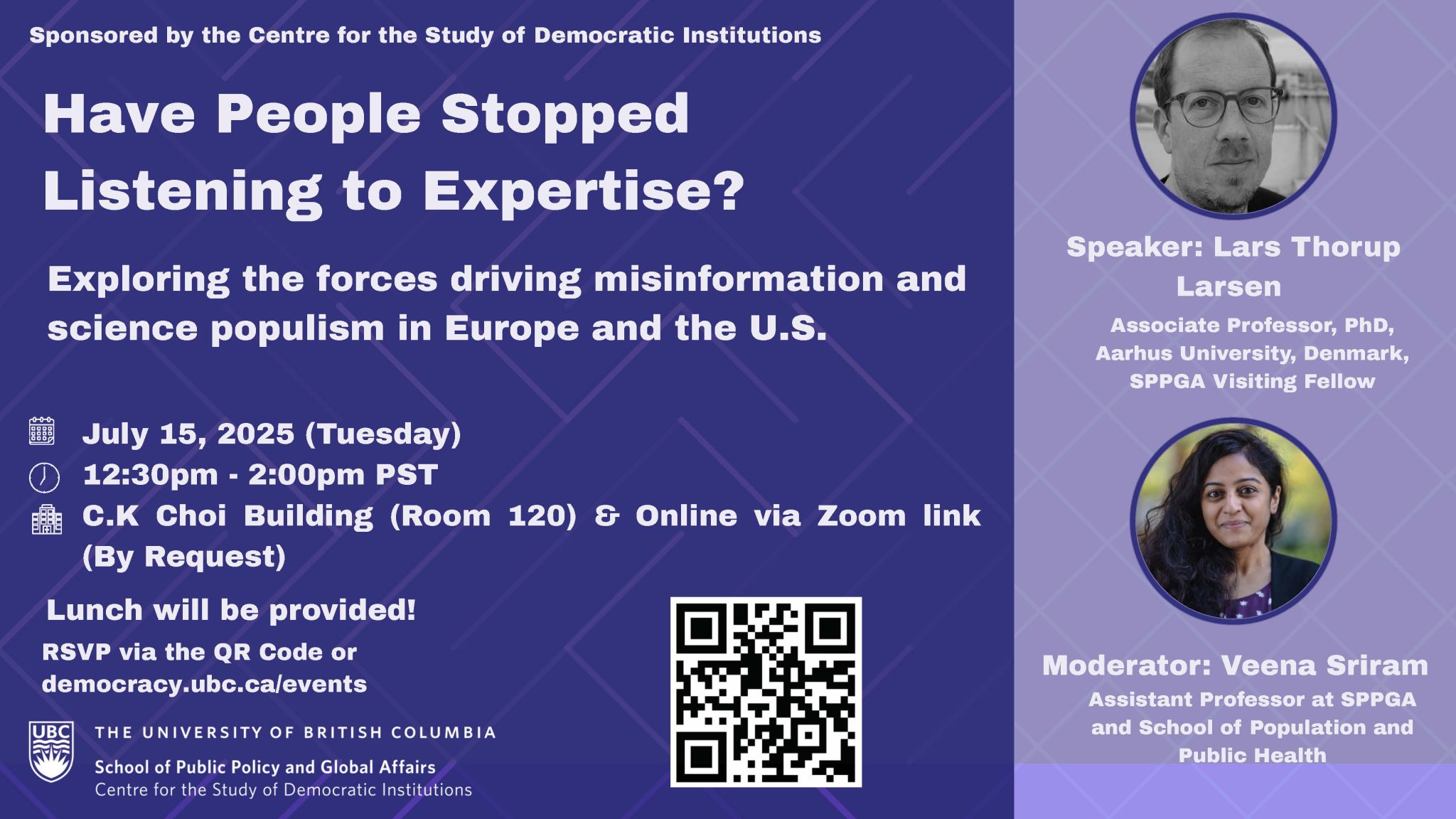The type of activism that small immigrant rights’ (pro-foreigner) groups engage is what I have called “associative activism.” Associative activism arises when like-minded activists address specific problems and eventually seek to transform inflexible and relatively unresponsive political institutions through coordinated activities. These are aimed at resolving some particular problem that, while not directly in conflict with prevailing government policies, is nonetheless in tension with the broader political status quo. In contrast, the type of activism that xenophobic (anti-foreigner) groups practice can be understood as “reactionary activism,” which consists of demonstrations and protests that showcase hate speech against foreigners. I define reactionary activism as history-conscious activists publicly demonstrate their love for the nation in reaction to a perceived, falsely constructed, or real threat to national security. Reactionary activists seek to punish specific foreigners and their representative institutions that act in ways as if to destroy Japanese political community or to undermine Japan’s common identity or national unity. Whereas associative activism is typically non-violent and mostly focus on the “newcomers,” reactionary activism can be both non-violent and violent (involving small vigilante groups) that target mostly zainichi (Japan-born) Koreans or “oldcomers.” In broad terms, I find that immigrant rights’ activism has emerged as a result of problem-solving situations in response to the recent rise of foreigners in Japan. In contrast (and unlike in the U.S. and Europe), xenophobic activism emerges out of an inability of the Japanese state to resolve their troubling war history, which certain politicians have taken advantage of by strategically engaging in historical revisionism for electoral gains. Interestingly, both types of activism employ the same public discourse of “living together in harmony.” I argue that this public discourse is rooted in Japan’s moral-philosophical conceptualization of what constitutes a “Good Society” and “Moral Personhood.” Activists from both types hope that their newly created institutions will help push the policymakers to produce more fair outcomes, especially for the most disadvantaged people (foreign residents and/or Japanese) in society.
About the Speaker
Apichai W. Shipper is an Adjunct Associate Professor of Asian Studies at Georgetown University’s School of Foreign Service and the Asia Regional Chair at the Foreign Service Institute of the U.S. Department of State. He has been a visiting researcher at UCLA, University of Tokyo, University of Kyoto, Hitotsubashi University, and Stockholm University. He completed a postdoctoral fellowship at Harvard University Program on U.S.-Japan Relations before joining the faculty at the University of Southern California with a joint appointment in the Department of Political Science and the School of International Relations. He is the author of Fighting for Foreigners: Immigration and Its Impact on Japanese Democracy (Cornell University Press, 2008) and has edited a Special Issue (2010) on “Citizenship and Migration” in Pacific Affairs. His publications have also appeared in Asian Politics & Policy, Critical Asian Studies, Journal of Japanese Studies,International Studies Quarterly, North Carolina Journal of International Law & Commercial Regulation, among others. He serves as an Associate Editor on the Executive Committee of Pacific Affairs and on the Alumni Board for Diversity (Mosaic) of Cornell University. He received his Ph.D. in Political Science from the Massachusetts Institute of Technology and A.B. in Government and Asian Studies from Cornell University. He also studied International Relations at the University of Tokyo as a research student for two years.

